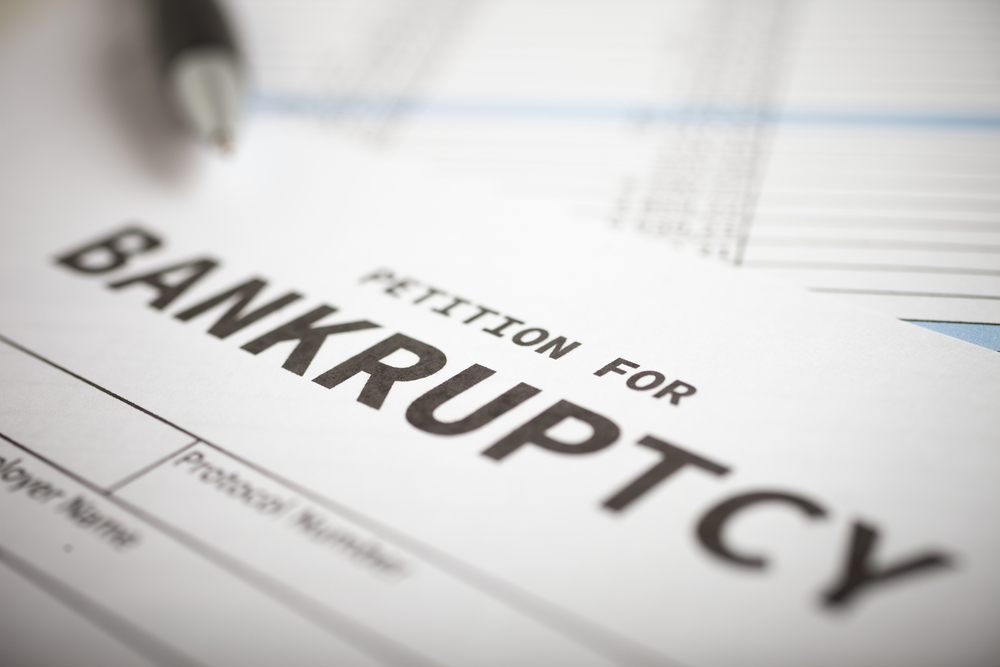Trump transition team lawyer says GSA illegally turned over emails to special counsel

Shutterstock.com.
The general counsel for President Donald Trump’s transition team maintains that the General Services Administration improperly gave thousands of emails that included privileged communications to special counsel Robert Mueller’s office.
Kory Langhofer, general counsel for the transition group Trump for America, sent a letter complaining about the document turnover to leaders of two congressional committees, according to Fox News, the Washington Post and BuzzFeed News. The GSA hosted email services for Trump for America.
Langhofer said the emails from the period between Trump’s election win and the inauguration are private property rather than government records. In the letter, Langhofer said the document transfer is “unlawful conduct that undermines the Presidential Transition Act of 1963.” The act contemplates the creation of private nonprofit organizations to facilitate presidential transitions, such as Trump for America, which is a “private and independent nonprofit organization,” he said.
Turning over the documents violated the GSA’s statutory duty to keep email “secure” and violated Fourth Amendment protections against unreasonable searches and seizures, the letter says.
Peter Carr, a spokesman for Mueller’s office, said any emails obtained “in the course of our ongoing criminal investigation” have been secured by “either the account owner’s consent or appropriate criminal process.”
GSA deputy counsel Lenny Loewentritt told BuzzFeed News that transition team members had been informed their devices could be monitored or audited, and nothing would be held back in law enforcement actions.
George Washington University law professor Randall Eliason sided with the special counsel’s office in an interview with the Post.
“It’s not your personal email,” he said. “If it ends in .gov, you don’t have any expectation of privacy.”
If Langhofer’s claim was valid, lawyers would pursue the claim by filing a sealed motion to the judge overseeing the grand jury seeking exclusion of the emails.
“You go to the judge and complain,” Eliason said. “You don’t issue a press release or go to Congress. It appears from the outside that this is part of a pattern of trying to undermine Mueller’s investigation.”



